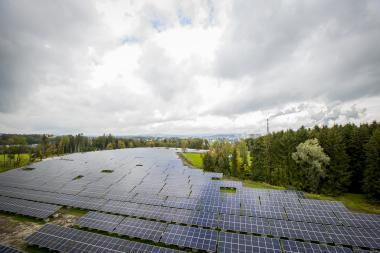Kelheim Fibres: Price increase for viscose fibres from 1 April 2024
Kelheim Fibres GmbH, a leading manufacturer of specialty viscose fibres, has announced to increase its prices by 12% to 15% for specialty viscose fibres starting April 1, 2024.
With the strong rebound in cotton fibre prices, there has been a sharp increase in the demand for viscose, especially in Asia. In the face of the rapid rise in interest rates, wages, chemicals, and environmental costs, accompanied by depressed fibre prices over the past years, Kelheim Fibres sees no other choice than to start improving margins back to sustainable levels by raising the base price.
Kelheim Fibres












